Martin Schäfer
出生 : 1943-07-06, München, Germany
死亡 : 1988-04-11
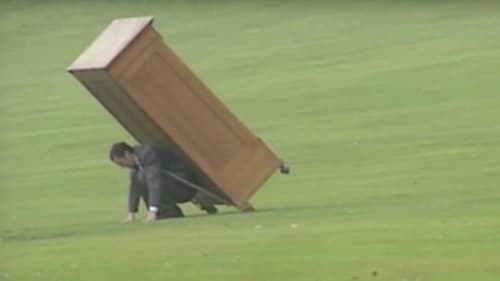
Director of Photography
This first film by choreographer Pina Bausch reflects her method of working as developed with the Wuppertal Theatre of Dance during the 1973/74 season. The film does not tell a story, but is made up of various scenes put together as a collage with scenes set in different locations. The futility of human activity and the search for love make up the film's central theme set against the strains of a Silician funeral march. Filmed on location in Wuppertal, Germany, between October 1987 and April 1989.

Director of Photography
Nino, tough but sickly, and his older brother Vicente live in the country with their father. After their father disappears ― we’re never sure why ― murder is suggested. Vicente brings his girlfriend to the house, and a different kind of family is established as the three youngsters grow fiercely protective of each other. But their uncle grows suspicious about the fate of the missing father and forcibly kidnaps Nino, taking him away to the city and leaving Vicente to locate him there.

Director of Photography

Director of Photography
At the start of the 20th century, a man lives in solitude on an island. One day on the mainland, he saves a young woman from some nasty folk and takes her with him to his island. Her former captors soon find the island as well.

Director of Photography
A director (Hanns Zischler), his fiancee (Vera Tschechowa), a scriptwriter (Rudiger Vogler) and a student interact and discuss their emotions, at length.
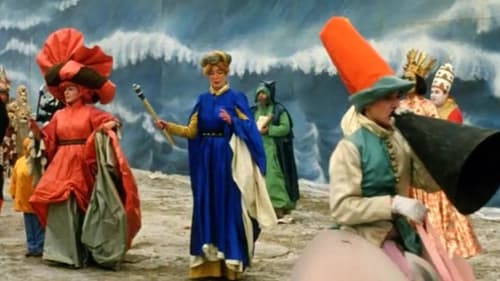
Director of Photography
Seven Women, Seven Sins (1986) represents a quintessential moment in film history. The women filmmakers invited to direct for the seven sins were amongst the world's most renown: Helke Sander (Gluttony), Bette Gordon (Greed), Maxi Cohen (Anger), Chantal Akerman (Sloth), Valie Export (Lust), Laurence Gavron (Envy), and Ulrike Ottinger (Pride). Each filmmaker had the liberty of choosing a sin to interpret as they wished. The final film reflected this diversity, including traditional narrative fiction, experimental video, a musical, a radical documentary, and was delivered in multiple formats from 16, super 16, video and 35mm.

Director of Photography
Nine Manhattanites receive a chain letter. Depending on their decision to either pass the letter on or to break the chain, the various characters can encounter romance, fulfillment -- and sudden death.

Director of Photography
An old man and a teenage boy, both neo-nazis are travelling across Germany to take funds to the party headquarters. On the way they encounter a young woman and things become difficult.

Director of Photography
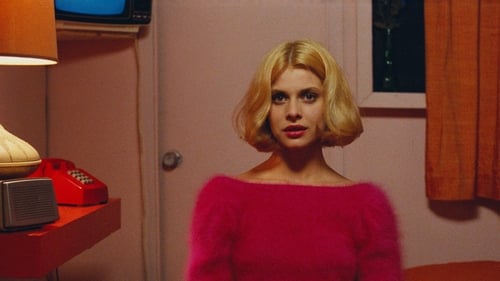
Camera Operator
テキサス州の町パリをめざす男。彼は失踪した妻を探し求めていた。男は、4年間置き去りにしていた幼い息子との間にも親子の情を取り戻す。そして、やがて巡り会った妻に、彼は愛するがゆえの苦悩を打ち明ける……。

Cinematography
Short film part of Paris Vu Par... 20 Years After

Director of Photography

Director of Photography
A woman is being taken from her German hotel to be interrogated by police agents.

Director of Photography
Story concerns two friends, Freya and Irmtraut and their relationships with the same man, Traugott, who finds it impossible to choose between the two women.
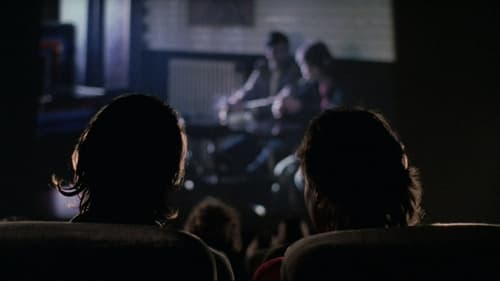
Director of Photography
Computer operator Faber works on securing computers for big companies and banks. His private life is rather dull until he meets a strange women, Juliet and falls in love. Her friend convinces Faber to exploit his knowledge to rob a bank.
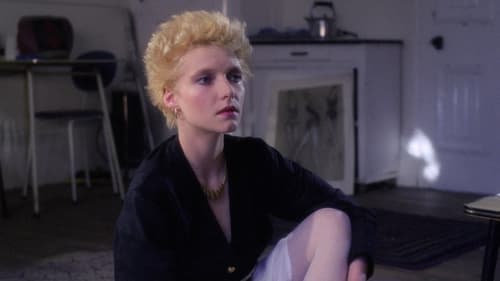
Director of Photography
After finding her boss, a private detective, has committed suicide and has left her his agency, Cordelia Gray is asked to investigate the suicide of the man's son. During the course of her investigation, Cordelia becomes obsessed with the young man's memory and his increasingly suspicious death.
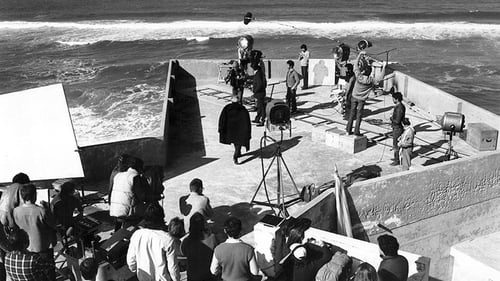
Director of Photography
On location in Portugal, a film crew runs out of film while making their own version of Roger Corman's The Day the World Ended (1956) . The producer is nowhere to be found and director Munro attempts to find him in hopes of being able to finish the film.

Director of Photography
Two girls go to Berlin, one to find a German girl who lived at home in the 50s when her parents divorced, the other to look for a role in German cinema.

Director of Photography
Gilbert & George are renowned for presenting themselves as ‘living sculptures,’ fusing their art and identity with the external world. Their exploration of the bleak urban surrounds of 1980’s London, powerfully evoke the desires and tensions of its disillusioned youth alongside their own eccentricities. Poetic narration combines with vivid imagery that moves between the startlingly beautiful, the humorous, and the absurd. Church spires and city streets, youth and drunks, dancing and tea-drinking all take on an affecting symbolism when viewed from the unique perspective of Gilbert & George.

Director of Photography
At the end of the 1960s a young woman lays the foundation of the women's movement. As well as political initiatives against male dominance, a detailed picture is drawn of society, which establishes the women’s motivation.

Director of Photography
A man, alone in Berlin. He sleeps and watches TV, walks through the city. A woman approaches him. Does he feel like having coffee with her? No.

Director of Photography
An architect is assigned to modernize a squatted house in the Kreuzberg district of Berlin. But then he meets a young student who is member of a grassroots initiative trying to preserve the quarter. He falls in love with her, although this puts him into conflict with his job. Following his heart, the architect soon changes sides and supports the inhabitants in their struggle against the real estate speculators.
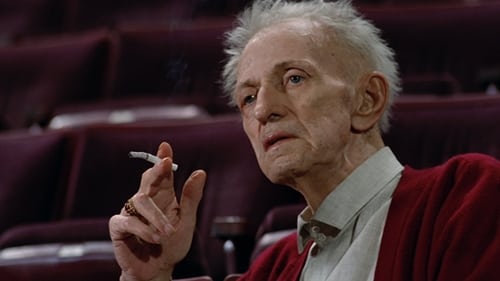
Director of Photography
Director 'Nicholas Ray' is eager to complete a final film before his imminent death from cancer. Wim Wenders is working on his own film Hammett (1983) in Hollywood, but flies to New York to help Ray realize his final wish. Ray's original intent is to make a fiction film about a dying painter who sails to China to find a cure for his disease. He and Wenders discuss this idea, but it is obviously unrealistic given Ray's state of health.
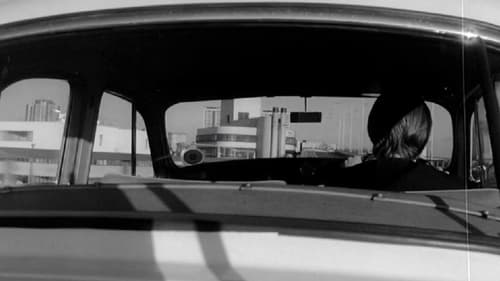
Director of Photography
Set in 1970s Britain, a man drives from London to Bristol to investigate his brother's death. The purpose of his trip is offset by his encounters with a series of odd people.
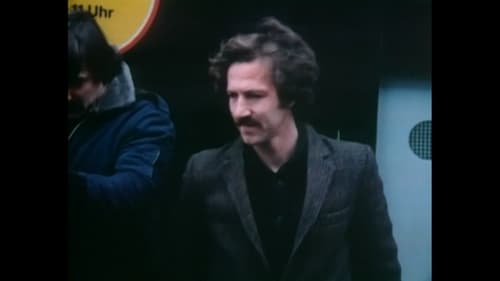
Director of Photography
Interview film with German director Werner Herzog revisiting the films he made up to ca. 1977.
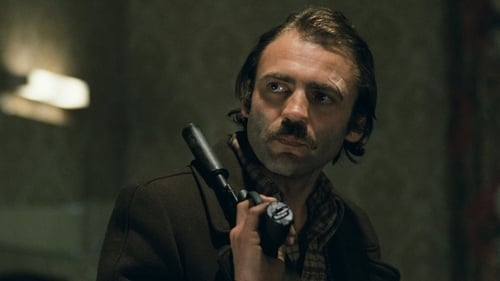
Assistant Camera
ヴィム・ヴェンダース、31歳の時に撮った長編第7作。白血病で死の不安に生きているハンブルグの額縁職人ヨナタン。彼を殺人にはめ込み、完全犯罪を進めながら危険な友情にはまりこんでいくトム・リプレー。死んだ筈の画家の贋作を書いているポガッシュ。物語は、サスペンスに富む発端の画の競売シーンから、この3人の絡んだストーリーを小気味よいテンポで進めていく。

Director of Photography
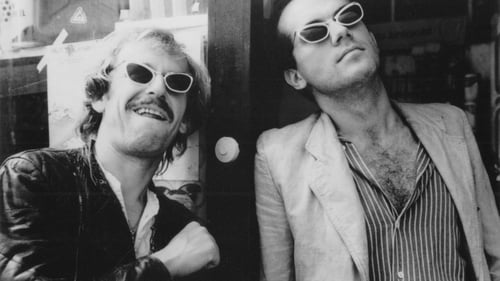
Camera Operator
Itinerant projection-equipment repairman Bruno Winter and depressed hitchhiker Robert Lander - a doctor who has just been through a break-up with his wife and a half-hearted suicide attempt - travel along the Western side of the East-German border in a repair truck, visiting worn-out movie theaters, learning to communicate across their differences.

Assistant Camera
Itinerant projection-equipment repairman Bruno Winter and depressed hitchhiker Robert Lander - a doctor who has just been through a break-up with his wife and a half-hearted suicide attempt - travel along the Western side of the East-German border in a repair truck, visiting worn-out movie theaters, learning to communicate across their differences.

Director of Photography
Loosely adapted from Goethe's novel on the social conventions of marriage raised to level of symbolic parable.
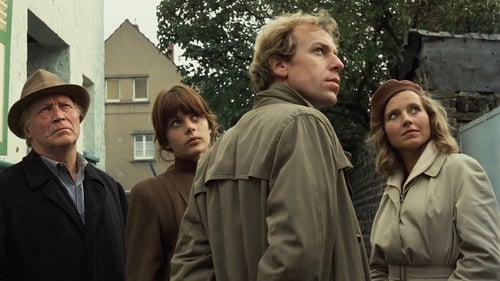
Still Photographer
Six days in the life of Wilhelm: a detached man without qualities. He wants to write, so his mother gives him a ticket to Bonn, telling him to live. On the train he meets an older man, an athlete in the 1936 Olympics, and his mute teen companion, Mignon. She's an acrobat in market squares for spare change.

Camera Operator
Six days in the life of Wilhelm: a detached man without qualities. He wants to write, so his mother gives him a ticket to Bonn, telling him to live. On the train he meets an older man, an athlete in the 1936 Olympics, and his mute teen companion, Mignon. She's an acrobat in market squares for spare change.

Director of Photography
A couple (Karin Thome and Eberhard Klasse), whose relationship can't hold up to the pressure of their financial and career problems, only have their child left as the remaining connecting link. But even their child becomes a pawn in their egoistic power games and possessiveness. The crisis reaches a peak first then, when the husband finds out about an affair that the wife is having and sets out to claim the same rights for himself. This takes him to New York, where he settles. The wife gets her hands on all the cash reserves and follows him there. In spite of the new location, they still remain a couple with a disturbed and insensitive miscommunication, that instinctively cling even more to each other in the new and alienating environment.
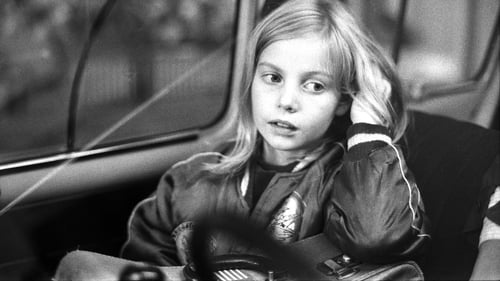
Still Photographer
German journalist Philip Winter has a case of writer’s block when trying to write an article about the United States. He decides to return to Germany, and while trying to book a flight, encounters a German woman and her nine year old daughter Alice doing the same. The three become friends (almost out of necessity) and while the mother asks Winter to mind Alice temporarily, it quickly becomes apparent that Alice will be his responsibility for longer than he expected.

Assistant Camera
German journalist Philip Winter has a case of writer’s block when trying to write an article about the United States. He decides to return to Germany, and while trying to book a flight, encounters a German woman and her nine year old daughter Alice doing the same. The three become friends (almost out of necessity) and while the mother asks Winter to mind Alice temporarily, it quickly becomes apparent that Alice will be his responsibility for longer than he expected.
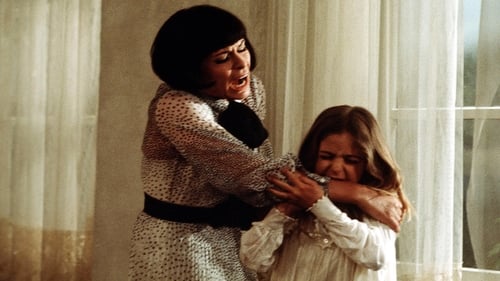
Camera Operator
Ann, a ten-year-old girl, becomes the sole heir of millions from her grandmother. Ann's parents, who are short of money and have lost all hope of a bright future try to manipulate Ann's imagination in such a way that she loses her mind.

Director of Photography
The experimental German krautrockers CAN's legendary "Free Concert," recorded in Cologne's Sporthalle, Germany, on February 3, 1972. The circumstances of this Cologne show were unusual. Rather improbably for such an experimental band, Can actually scored a chart success in Germany with "Spoon," which would later be tacked onto the end of Ege Bamyasi.

Director of Photography
A former bank clerk conceives a one-man robbery at the bank he works. He had before established an alibi for himself pretending and declaring him legally dead. Further complications ensue when he rejoins his estranged wife.































